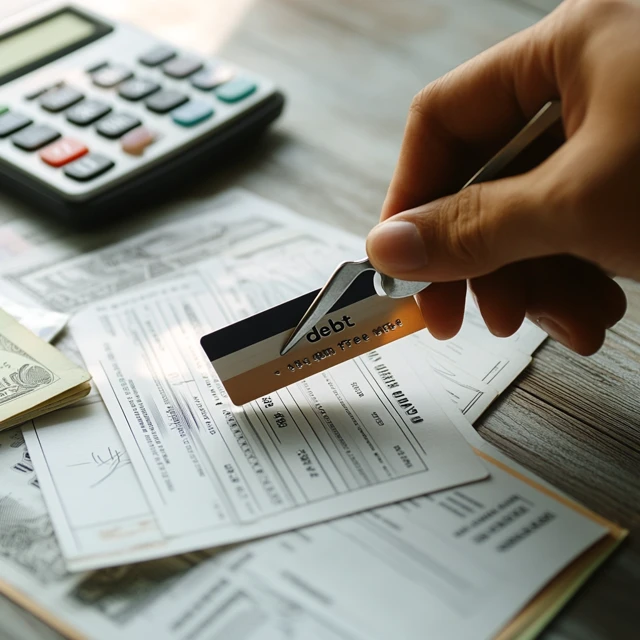
Comparison of American Insurance Companies
A detailed look at various U.S. insurance providers, coverage options, pricing, and tips on choosing the best plan.
Read MoreLiving under the weight of loans or credit card balances can feel suffocating, draining your monthly income and limiting your financial freedom. The good news is, with the right plan, you can tackle debt head-on, reduce stress, and reclaim money for the things that truly matter—like saving for a home or investing for retirement.
In this guide, we'll explore practical, proven strategies to accelerate debt repayment. From simple budget tweaks to innovative payoff methods like the “debt snowball” or “debt avalanche,” you'll learn how to systematically eliminate your balances and chart a path toward financial stability.
Before you dive into payment strategies, start by listing every debt you carry—from credit cards and personal loans to car financing or student loans. Include interest rates, minimum monthly payments, and current balances. This step illuminates your “debt landscape,” ensuring no surprise bills derail your repayment momentum.
A quick approach:
This clarity lays a firm foundation for choosing an efficient payoff method.
Two well-known methods can supercharge your debt elimination plan:
Which is better? Snowball fosters psychological boosts, while avalanche saves you more money if you stick with it. Consider your personality type—do you thrive on small victories, or is overall interest reduction more motivating?
These small shifts free up cash each month, accelerating progress beyond just minimum payments.
If high-interest credit card debt is dragging you down, exploring balance transfers might help. Many cards offer promotional 0% APR for a set period (like 12-18 months). A one-time transfer fee can be worthwhile if the saved interest outweighs that cost.
Remember: after your promotional period, normal (possibly high) rates kick back in, so use that interest-free window wisely.
Earning extra cash outside your main job supercharges your debt payoff timeline. With the extra money, you can make larger-than-minimum payments:
Direct every dollar from your side hustle to high-interest debts to watch your balances drop fast.
If you've fallen behind, you might face collection agencies or overdue notices. The key is tackling the problem early and head-on:
Being proactive can prevent late fees and interest from ballooning further, paving a faster route to resolution.

| Method | Main Focus | Advantages | Drawbacks |
|---|---|---|---|
| Debt Avalanche | Highest interest first | Saves more on total interest | Motivation can drop if large debts take time |
| Debt Snowball | Smallest balance first | Quick psychological wins, keeps morale up | Potentially more interest paid overall |
Both methods work—pick the one you'll stick to. The best plan is one you won't abandon.
Paying off debt can be a marathon, not a sprint. Keep your spirits high with these ideas:
Maintaining the discipline after the initial excitement can be challenging, but consistent effort ensures you remain on the path to financial freedom.
Paying off debt faster requires focus, a clear strategy, and persistence. By mapping out everything you owe, choosing an effective repayment method (snowball or avalanche), and making purposeful budget changes, you can conquer burdensome balances more quickly than you ever imagined. Side income boosts, negotiating with creditors, or leveraging balance transfers can provide additional firepower.
The result? Improved cash flow, reduced stress, and greater freedom to pursue your next financial goals—whether that's building wealth, saving for a dream vacation, or simply enjoying the peace of being debt-free. Start today, stay consistent, and watch your debt shrink month by month!